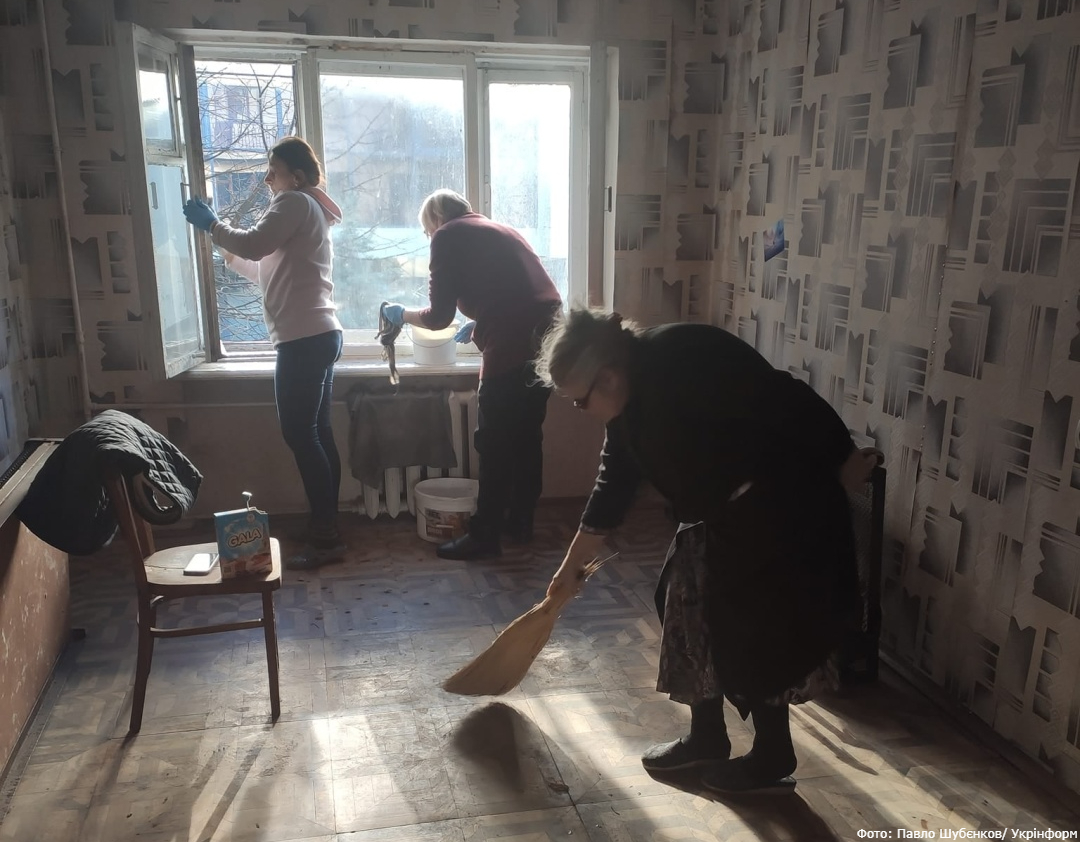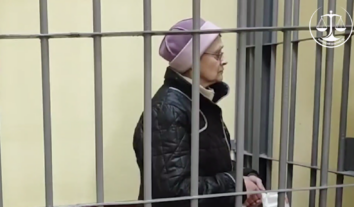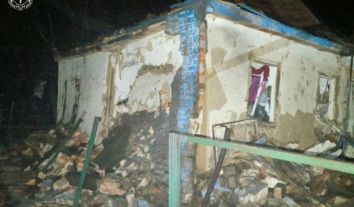Ombudsman demands the government adopt a state housing program for IDPs
Ombudsman of Ukraine has identified a critical lack of mechanisms for housing internally displaced persons (IDPs) and insists on the adoption of a state program to find solutions for funding, resource allocation, and the IDPs’ needs. This call is highlighted in the Ombudsman’s Annual Report on the observance and protection of human and civil rights and freedoms in Ukraine in 2024.

The Ombudsman’s Office reminds in the document that the war has caused an unprecedented level of internal displacement. A significant portion of Ukrainians have been forced to abandon their homes, losing their housing and basic livelihoods.
“This has placed an extraordinary burden on state infrastructure and local self-government bodies, which were expected to provide housing for IDPs without sufficient resources or adequate legislative support,” the Annual Report highlighted.
Over time, the problem of providing housing for IDPs has not lost its urgency, as evidenced by the monitoring results of the Ombudsman’s Office and several humanitarian organisations.
The Ombudsman’s Office is convinced that resolving this issue requires, among other things, monitoring IDP needs, establishing mechanisms for allocating housing resources among different regions based on needs and available capacities, and adopting long-term support program solutions, including social rent and adapting housing conditions for individuals with special needs.
Currently, a large number of IDPs continue to reside in temporary accommodation centres (TACs).
To assess the living conditions of IDPs in TACs, the Ombudsman’s secretariat conducted 1,262 monitoring visits to 23 regions of Ukraine and the city of Kyiv throughout 2024. During these visits, the Ombudsman’s staff identified several persistent problems faced by displaced persons in TACs, including:
- Unsatisfactory sanitary and hygienic conditions;
- Insufficient number of bathrooms and showers;
- Premises are not adapted for individuals with limited mobility;
- Insufficient furnishings;
- Lack of equipped shelters and personal space for IDPs.
Following the visits, the Ombudsman’s Office issued 3,156 recommendations to authorities for improving living conditions in TACs and aligning them with minimum requirements for IDP life support. Authorities have implemented 29% of these recommendations, with 66% remaining in progress.
This indicates that displaced persons continue to live in unacceptable conditions, Ombudsman’s Office staff emphasize, expressing their conviction that this is precisely why one of the instruments for providing housing to IDPs at the national level and coordinating the activities of authorities, local self-government bodies, and international and national organizations is the adoption of a state program for housing IDPs.
“The program must ensure continuous and stable funding for providing housing to IDPs, including through attracting state and private investments, as well as international donors. It should also foresee mechanisms for monitoring IDP needs and allocating housing resources among different regions based on needs and available capacities, as well-defined program solutions for long-term support, including social rent and adapting housing conditions for individuals with special needs,” the report justified.
The Ombudsman’s Office cites the example of a family that moved from the Donetsk region to Kyiv at the beginning of the full-scale invasion. They are unable to register for housing because they have lived in Kyiv for less than five years. They also cannot obtain social housing or temporary IDP housing due to its unavailability, and the salaries of medical workers do not allow them to use lending programs due to high interest rates.
This family has independently managed its economic well-being—all family members work and pay taxes—but it lacks sufficient means to resolve its housing issue.
Despite numerous attempts to introduce programmatic and strategic solutions, the state program for housing IDPs has not yet been adopted at the national level.
“This document is critically important for implementing systemic, long-term solutions that would allow for the determination of specific support mechanisms, funding, and ways to integrate IDPs into the social environment. The absence of such a program contributes to the fragmentation of efforts and resources, leading to solutions in this area remaining localised, limited to certain regions or communities, without the possibility of scaling up to the national level,” the report emphasised.
The Ombudsman’s Office is convinced that it is necessary to develop support tools for local communities – local authorities must receive the necessary tools and resources for effective implementation of housing programs, including strengthening cooperation with international partners and attracting investments.
The Office reminds that in last year’s report of the Ombudsman on the state of observance and protection of human and civil rights and freedoms in Ukraine, the Ministry of Infrastructureі and the Ministry of Reintegration received a recommendation regarding measures for the development and approval of the State Target Program for Housing IDPs.
Read also: How the Ministry of Development can improve work with internally displaced persons – Kseniia Hedz (in Ukrainian)
“The adoption of such a program is a necessary step to overcome the housing crisis among IDPs, which will help reduce social tension, promote the integration of internally displaced persons into communities, and restore their rights. Without a systemic approach to solving the housing problems of affected persons, we risk not only deepening social inequality but also creating additional factors of destabilisation in the country,” the Ombudsman explained in the Annual Report.
Given the recommendation made, the Ministry of Reintegration developed a draft Strategy of State Policy on Ensuring Housing Rights of Internally Displaced Persons in Ukraine for the period until 2027 and an operational plan of measures for its implementation in 2024–2027. However, the draft strategic document has not yet been approved.
Earlier, the non-governmental organisation “Risk Assessment Centre” reported that the Ministry of Development had developed a program for the construction of social housing for internally displaced persons worth €400 million, but the project was not included in the list of priorities for 2025 due to the poor quality of preparation. The public found that the cost per square meter exceeded the average indicators for Ukraine by twofold, and the project itself did not provide for a competitive selection of architectural solutions.
In its Annual Report, the Ombudsman criticised the reorganisation of the Ministry of Reintegration. In his opinion, this government step worsened the protection of those affected by the war.
In the Annual Report, the Ombudsman also criticises the government for the poor implementation of the internal displacement strategy and for reducing assistance for IDP accommodation.
By way of background April 2025, the Verkhovna Rada voted in the first reading for Draft Law No. 12301 on amendments to the Law “On Ensuring the Rights and Freedoms of Internally Displaced Persons” and other laws of Ukraine. The draft law aims to significantly improve aid mechanisms for IDPs and allow them to integrate into communities with clear state guarantees, as the current version of the law, adopted in October 2014, as indicated by the human rights community, does not meet modern challenges.
On January 21, 2025, the Coalition of Human Rights Organisations, which protects the rights of those affected by armed aggression against Ukraine, announced 13 priority steps for the Ukrainian parliament and government in the field of human rights protection in the context of armed aggression against Ukraine for 2025.
Earlier, the Coalition of organisations dealing with the protection of the rights of those affected by Russia’s armed aggression published a new roadmap of draft laws for the 13th parliamentary session. In the document, human rights advocates identified a list of draft laws that are important to adopt, as well as those that should not be adopted without revision or those that should not be adopted at all to avoid harming citizens affected by the war.







